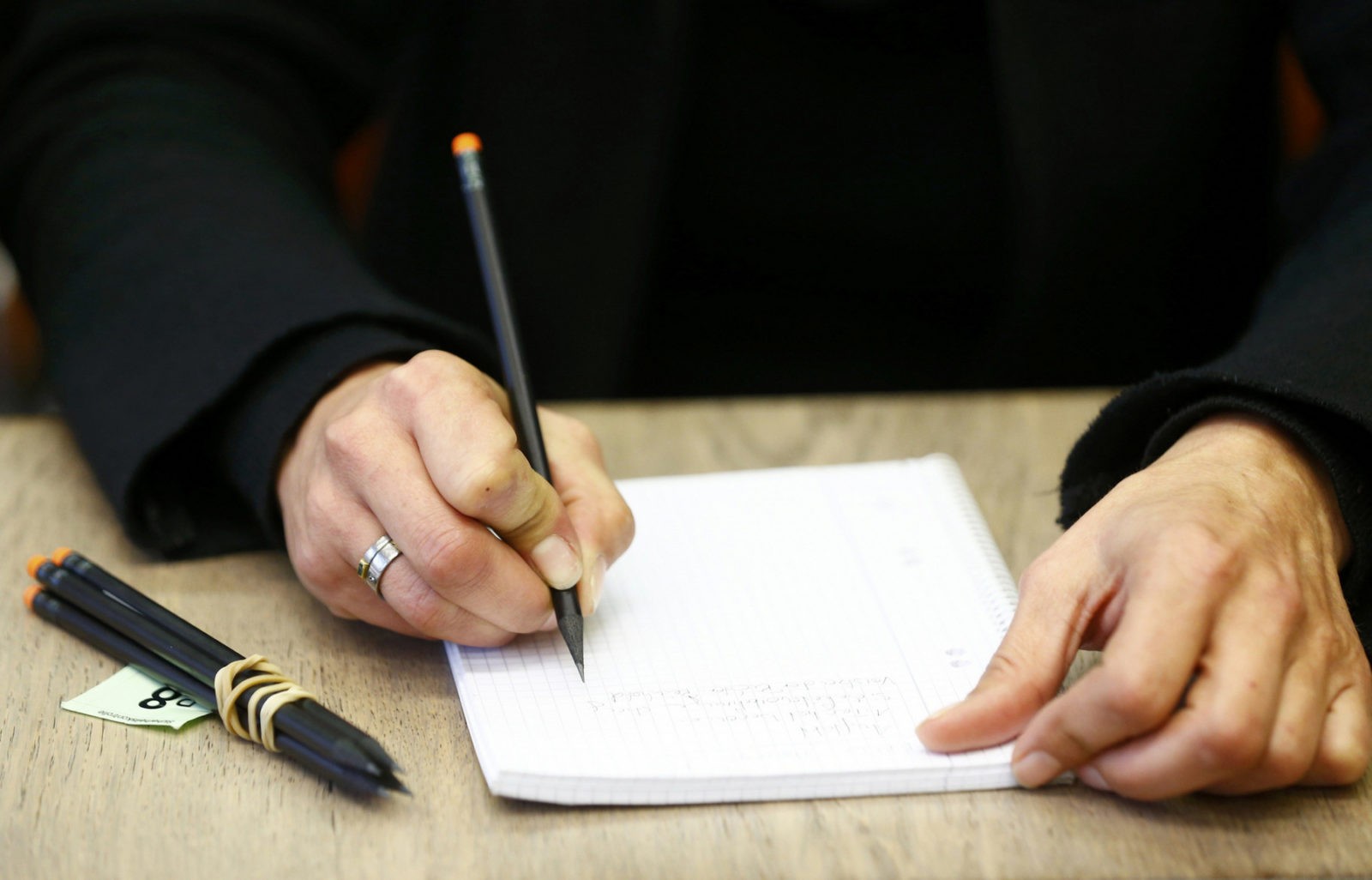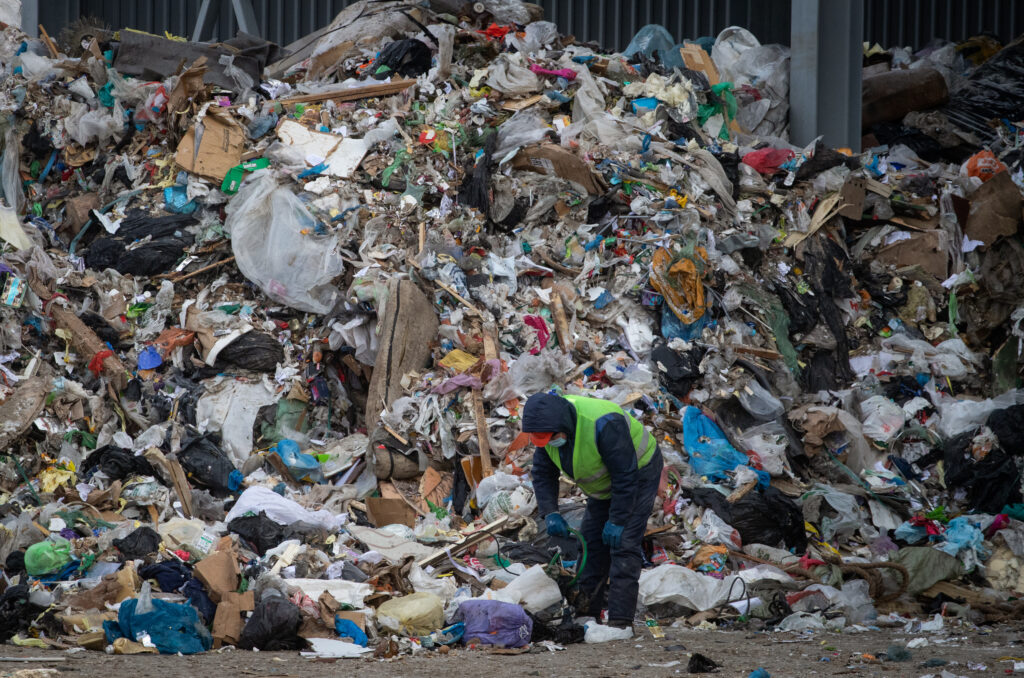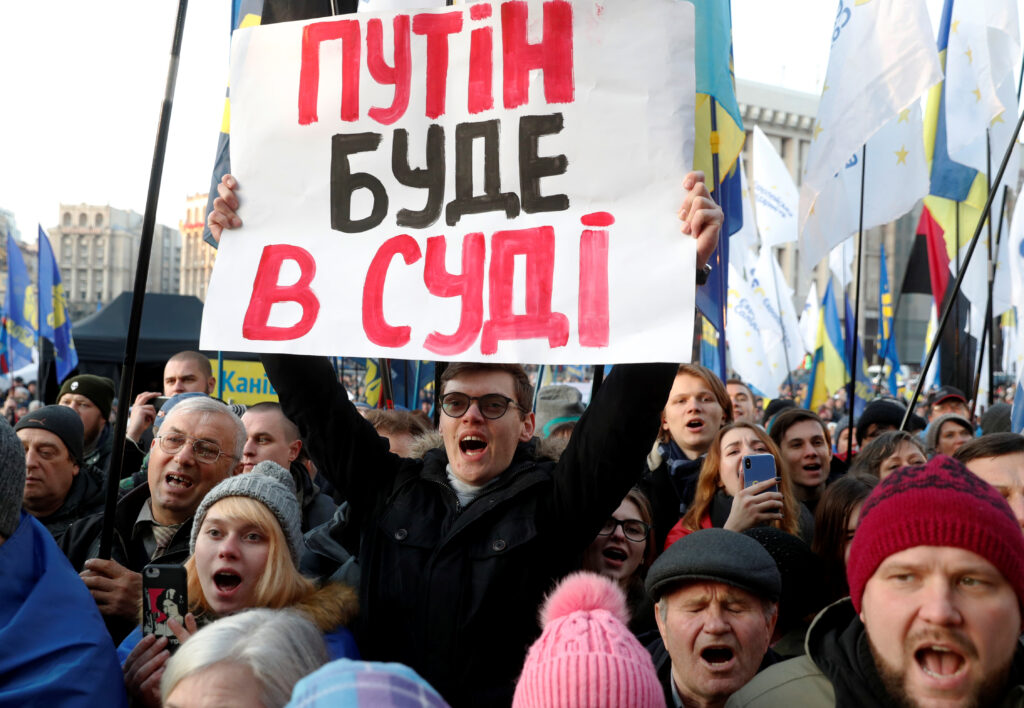It is impossible to imagine modern life without experts or, as they used to be called in Russia, “knowledgeable people.” They advise us on everything from where best to invest our money to how to recover from the flu; they offer suggestions to the government on foreign and domestic policy. They also play a distinct legal role in holding consultations and occupying high-ranking positions in law firms. However, there was a distinct hierarchy in what kinds of experts the Russian government preferred to consult; for many years, economists and legal experts enjoyed this privilege. Meanwhile, authorities on the humanities and social sciences fell by the wayside, unheard and undervalued. That is, until recently.
This situation began to change around the same time as the Russian state rediscovered an old habit which it once seemed had been left behind with the collapse of the USSR: namely, the state’s ideological control over the arts, culture, and sciences. Recent years have seen an obvious shift towards conservatism and the “defence of traditional values,” a mission which is increasingly treated by the state as a matter of national security. Accordingly, this trend has risen the status of conservative experts who were once quite marginal in terms of their ability to influence decision-making. These experts, active in the arts and cultural life, have unexpectedly become enormously influential; the financing of cinemas, theatres, or research projects in the social sciences now largely depend on their opinions. For example, an expert in “spiritual security,” no matter how poorly informed they may be about the latest research in the humanities, can now expect their opinion to have a decisive impact on public policy and law.
The role and influence of these experts have become quite noticeable in one particular set of circumstances: when the authorities deem it necessary to hold a special examination, with expert assessment, of certain “informational materials.” While these expert assessments are not large scale affairs, they do arise in a range of situations: when registering a new religious community (in which case the foundational religious texts are examined), when determining the content rating for a particular film (for example, for 16 year olds or above), or assessing whether a particular material counts as insulting or an incitement to racial hatred (in certain administrative and criminal cases.) This political expertise also used to play a large role in assessing political activities, including whether or not to brand an organisation a “foreign agent.”
Conservative experts in the social sciences and humanities can often also be guided by some outlandish theories from a modern scientific standpoint. A particularly vivid example came when one such expert, Viktor Ivanovich Slobodchikov, gave his thoughts on the popular Russian TV show “Comedy Woman.” Slobodchikov, a “doctor of psychology, associate member of the Russian Academy of Education, and chief researcher of the laboratory of psychological anthropology and professional pedagogical development at the Russian Academy of Sciences’ Institute for the Study of Childhood and Family” carried out a psychological and linguistic examination of Comedy Woman together with Nadezhda Khramova, an assistant professor at the Russian Orthodox University of St. John the Theologian in Moscow. They concluded that “the recordings of the Comedy Woman group constitute an act of psychological sabotage aimed at the destruction of traditional Russian values and cultural mores, and a clandestine attempt to rehabilitate fascism by promoting a positive attitude to Hitler.”
It is completely obvious from the wording of their conclusion that the experts’ analysis had little relation to any scientific paradigm. Instead, it was a deeply ideological denunciation disguised as “scientific knowledge.” The problem is that these stories seem to be occurring more and more often, and some of them have less fortunate endings. While Comedy Woman got away with an apology, other cases culminate in lawsuits where the defendant faces fines or even a prison sentence. A recent example was the sensational case of the activist and blogger Maria Motuznaya. The “expert analysis” in this case was provided by Marina Gradusova, who happened to be not only a philosopher but also the secretary of the Altai Region’s committee for countering extremism, a consultant of the reference department of the Altai Region governor’s office, and a “regional security consultant” to the far-flung Siberian province. Gradusova found the ironic memes Motuznaya had shared on social media to be a “violation of religious ethics,” a charge which can qualify as extremism (the case against Motuznaya was eventually dropped this January – ed.)
Of course, what Motuznaya faced was neither unique nor the first such example. Cases brought against the Sakharov Centre in 2003 for its “Caution, Religion” exhibition and the Forbidden Art collective in 2007 immediately spring to mind. Both of these cases featured expert assessments written by Moscow art specialists. One of them, K.V. Tsekhanskaya, directly accused the artists of aiming to “discredit Christianity, to abuse and twist the meaning of Christian symbols.” At the time everybody, including the prosecutors, seemed to regard the two cases as exceptional. But that was ten years ago; since the introduction of new articles to Russia’s criminal code (in particular, new articles criminalising “insulting the feelings of religious believers”), cases like these have become standard work for Russian law enforcement. As a rule, they require constant input from specially invited conservative experts, who always act in support of the prosecution.
Conservative experts prove particularly useful when their perceptions of the “global conspiracy against Russia” fit the prevailing political agenda. At the moment, that agenda is the repression of anything conceivably “tied to the West,” primarily with the US. The never-ending “fight against religious extremism” has led to a state of affairs where not only are all “non-traditional” Islamic groups declared extremist (merely because they deviate from “normative” Islam), but also to one where many other religious denominations have apparently fallen out of favour with the authorities due to their historical ties to the US. The trial of five members of the Church of Scientology in St Petersburg, the ban on Jehovah’s Witnesses, the attempt to ban an American pastor from preaching, the problems faced by Mormons expelled from the country for breaking the law, and a range of comparatively minor criminal cases are all united by one dynamic: the combination of proliferating anti-extremist legislation and anti-American sentiment. As one Russian TV channel neatly put it: “all totalitarian cults originated in the USA.”
No less striking are the examples of expertise when it comes to the registration of religious associations. This form of examination often boils down to an “identification with the norm.” That is to say, the analysis relies on a comparison of the given religion with a certain form of traditional religiosity as determined by the experts. As a result, the decision whether to register a religious association or not is taken on the basis of an examination with a strongly conservative bias.
All of the above cases (as well as several more described below) illustrate that the role of “expert assessment” in Russia today is not really about deferring to scientific knowledge, but instead about legitimising a conservative agenda through the symbolic capital of science. Expert assessments on religious matters are far from the only example.
After the addition of article 354.1 to the Russian criminal code, which forbids the “rehabilitation of Nazism,” specialists on extremism unexpectedly became historians. Meanwhile, real historians understand the huge complexities involved in branding any discussion about the past as “rehabilitation.” Yet in the world of Russian law enforcement, an attempt at “rehabilitation” can clearly be seen in the distribution of any materials on the USSR’s role in the occupation of Poland in 1939. Vladimir Luzgin, a resident of the city of Perm, discovered this the hard way when a court ordered him to pay a large fine for reposting an article entitled “15 facts about Bandera, or what the Kremlin keeps silent about.” The article, which was clearly an opinion piece, included some information about the level of cooperation between the USSR and Nazi Germany from 1939 to the summer of 1941. The expert who analysed Luzgin’s first post was Alexander Vertnisky, dean of the faculty of history at the Perm State Humanitarian Pedagogical University. Vertinsky concluded that the information was “knowingly false” and that it “did not correspond to the internationally recognised position.” However, it seems as though the real reason for this conviction was the crisis in relations with Ukraine, due to which the text Luzgin shared attracted such heightened attention from law enforcement agencies. Luzgin’s story indicates that historians in these circumstances act as “custodians of norms” and defenders of “state interests,” even if this means defending, in essence, the knowingly false statement that there had never been any cooperation between the USSR and Nazi Germany.
A pool of conservative experts has formed across a number of Russian regions who are ready to serve when called upon. Many of them are either closely affiliated with government or law enforcement institutions or have worked for them in the past. For example, professor Vladimir Rukinov, who supported the prosecution in several “foreign agent” cases in St Petersburg, is a former employee of the Ministry of Internal Affairs and the “Regional Foundation for Supporting Employees and Veterans of the FSB and Military Counterintelligence.” Affiliation with such institutions can take other forms, too. In 2002, Shamil Makhmudov, a professor at the Samara State University of Social Sciences and Education, was handed an eight year conditional sentence for extorting bribes from students. Miraculously, Makhmudov continued lecturing. In 2009, he provided an expert assessment in the prosecution’s favour in a case on “extremism” in the film “Russia-88” (a mockumentary about Russian neo-Nazis – ed.) In 2018, Makhmudov argued that an article in The Guardian on the LGBT movement constituted “propaganda of non-traditional sexual relations” (for which Yevdokiya Romanova, an activist from Samara who shared the article on social media, was fined 50,000 rubles.) It’s probable that Makhmudov’s suspended sentence has burdened him with some informal obligations, which the professor dutifully fulfils.
The crucial role of the expert assessment in many cases naturally raises questions about the qualifications of those who offer it. Most of the time, the expertise of the prosecution’s experts on the issues they analyse seems dubious at best. For example, several academics who speak in courtrooms as experts on extremism from St Petersburg State University have quite different academic backgrounds. Boris Misonzhikov, a lecturer from the university’s faculty of journalism and a specialist in the history of the periodical press in the USSR, frequently speaks as an expert in Russian courtrooms. In a very forthright text about the role of experts in the legal process, Misozhnikov argues that they should “be objective,” but immediately stresses that it is necessary to draw lessons from the past in order to “correctly evaluate” a political statement. In other words, an expert who has quite clearly expressed his political position, for instance saying “I don’t like liberals”, considers it to be “objective” and “independent.” This expert considers the real task of a courtroom expert to be to defend the state and its interests; a task which does not always coincide with the need to help the investigation and the court to correctly understand an offending statement, however critical or radical it may be.
Thus the conservative turn in Russian politics has been carried out with the aid of a specially selected pool of experts from all walks academia; from linguistics to history. The problem this highlights is about more than their professionalism (which admittedly varies widely.) Essentially, the problem is the mobilisation of a conservative cohort of academics working in the humanities and social sciences. As these academics see it, their role is to protect conservative ideological norms in public life. They believe that public conceptions of family, faith, freedom of speech, and history should be made to fall in line with those conservative standards demanded by neo-traditionalism, whose renewed influence is perhaps the most grim consequence of their mobilisation. The state is once again trying to incorporate the social sciences and humanities into its ideologically committed repressive apparatus. In achieving that task, it now has friends on the inside.










